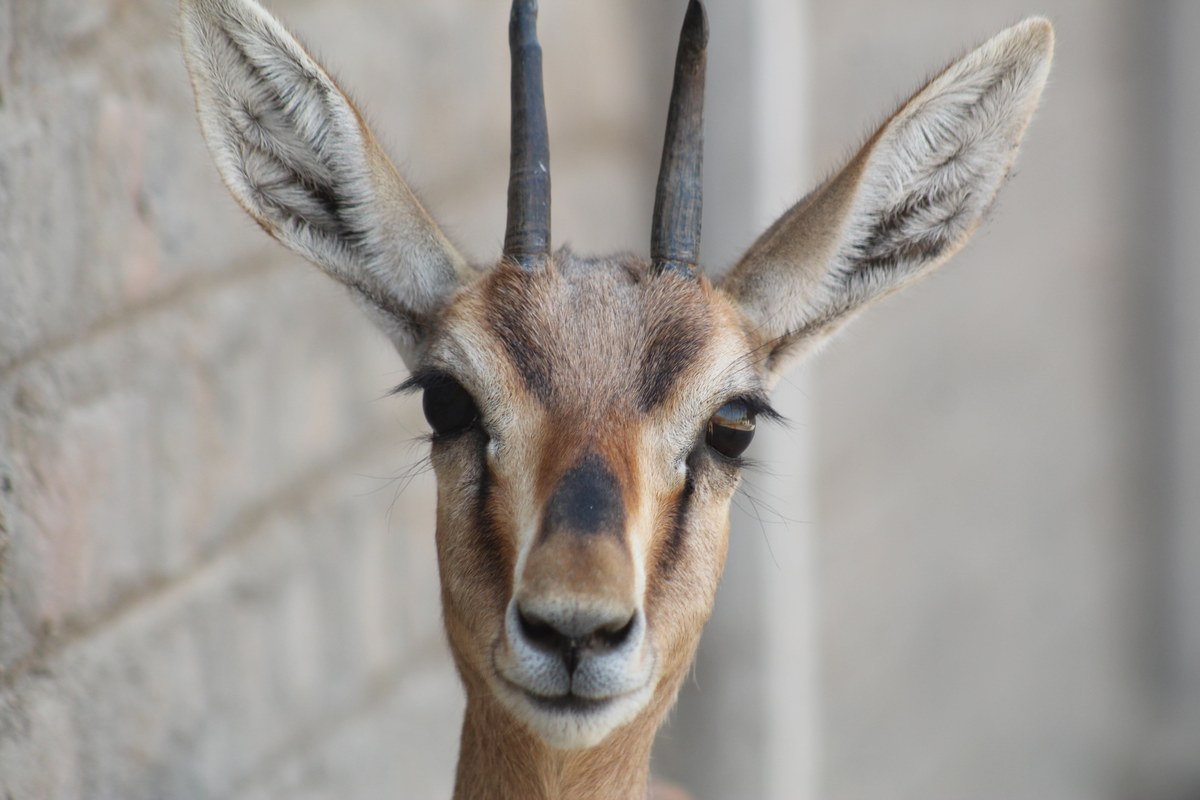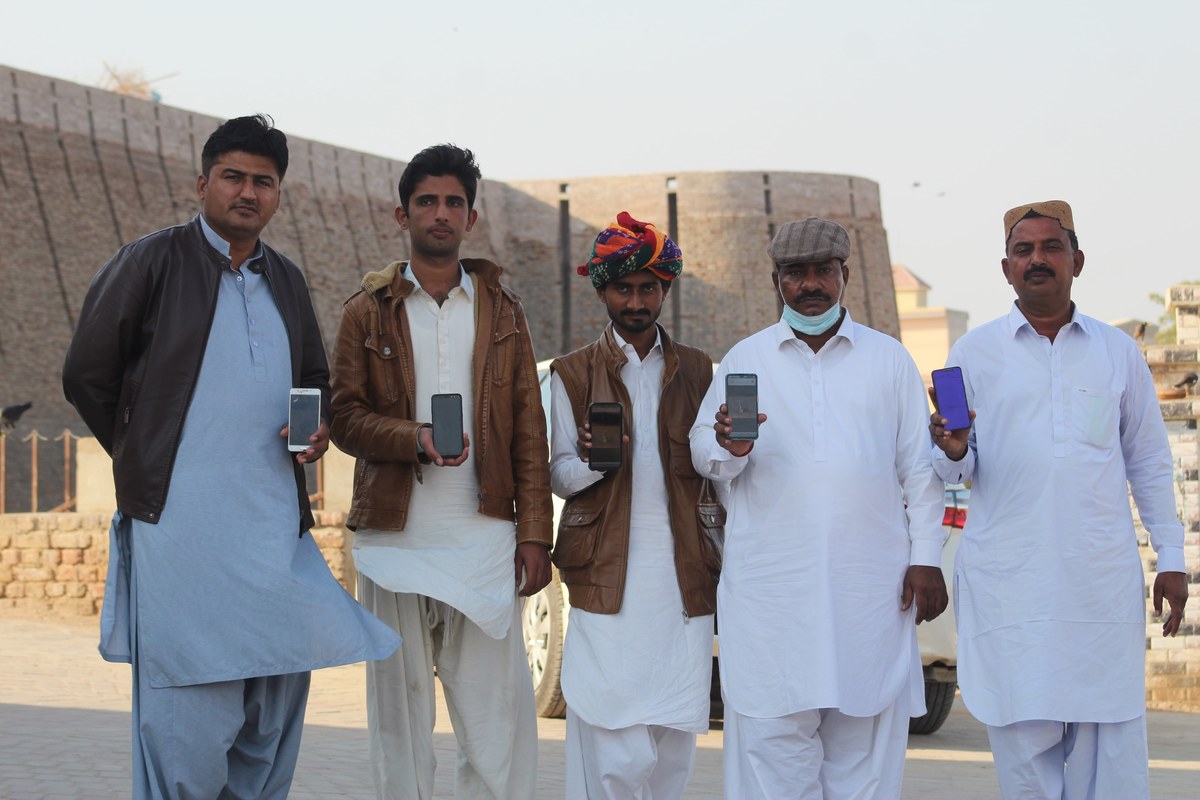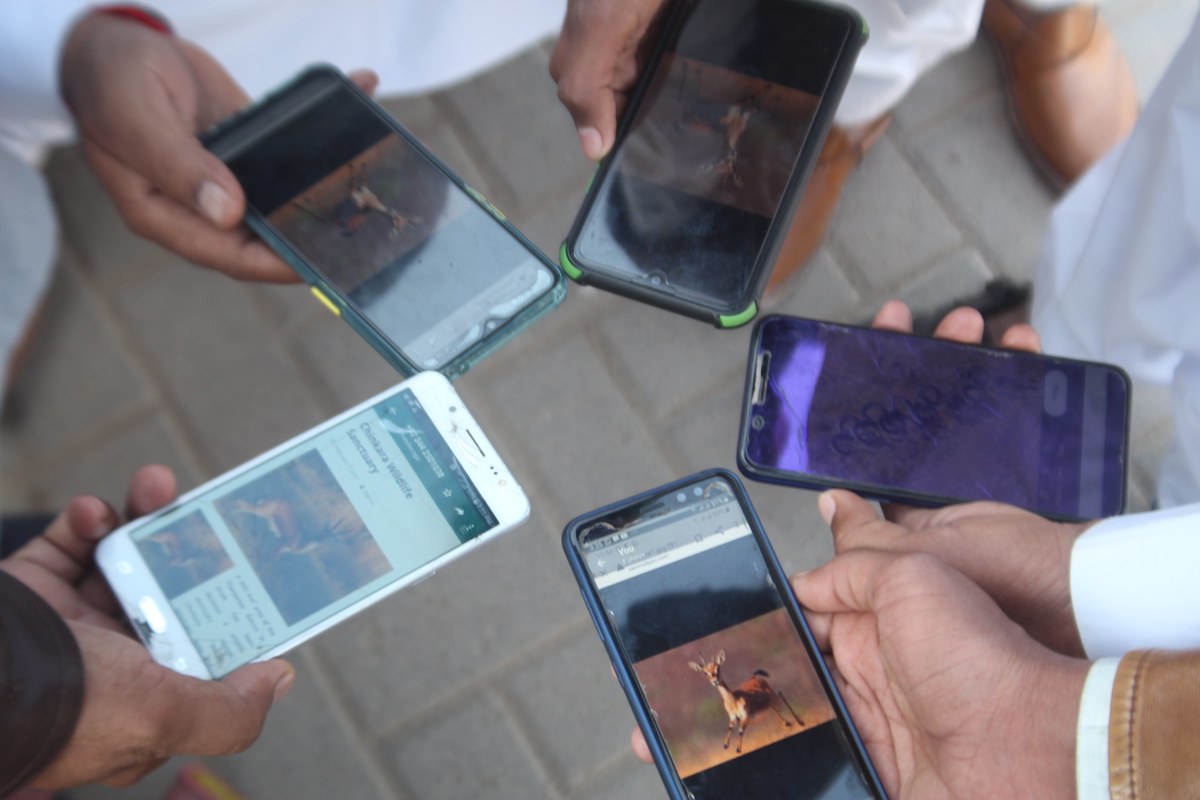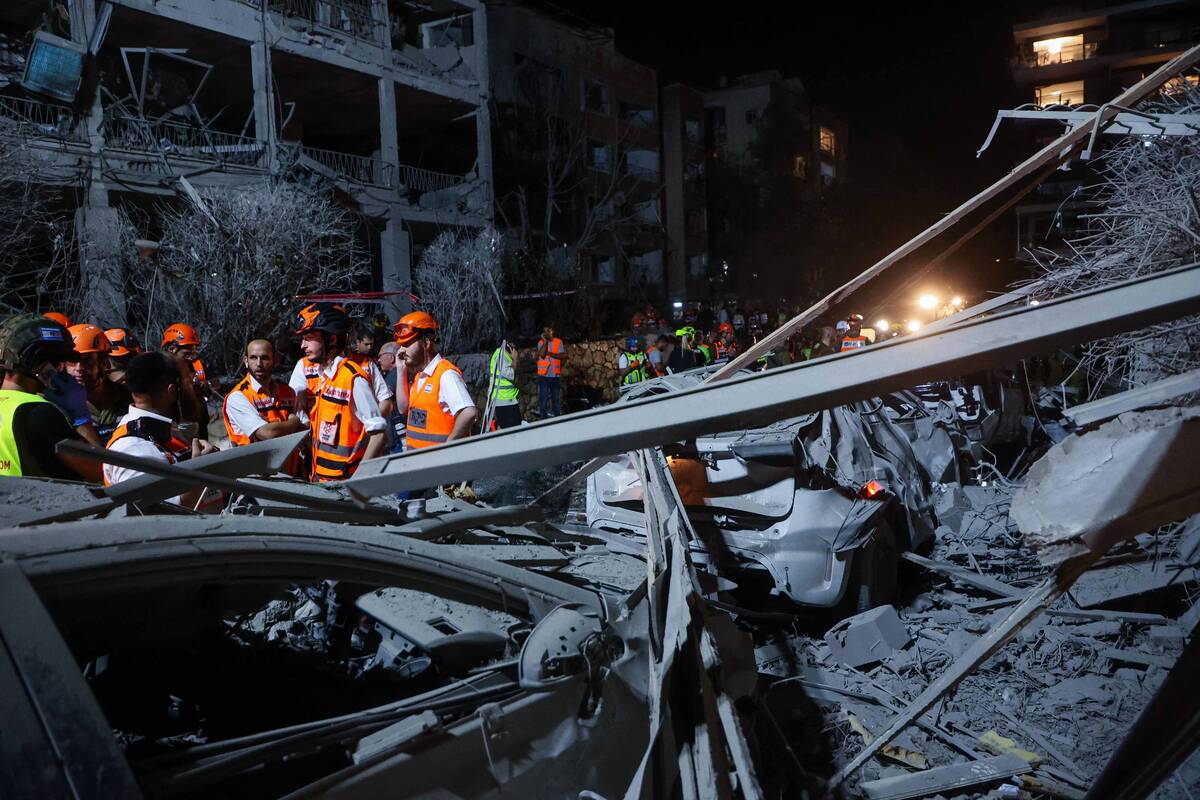UMERKOT: Below the still surface of Pakistan’s remote Thar desert in southern Sindh – a barren landscape that often feels lost to history – an expanding social media presence engined by groups of 20-somethings is abuzz to save an endangered gazelle.
The result of a gradual rise in the numbers of internet users in one of the country’s most outlying districts has seen the spearheading of a number of social and environmental causes online, from demands for an engineering university to wildlife conservation.
The Chinkara, or Indian gazelle, native only to India, Pakistan, Iran and Afghanistan, is listed in the International Union of Conservation of Nature’s (IUCN) ‘Red List’ of threatened species, with an estimated 60 percent of the global Chinkara population in Thar. It is among the fastest land animals native to South Asia at speeds of 60km an hour-- but has not been fast enough to outrun poachers in the past.

A captive Chinkara at a private farm in the gateway town of Thar Desert in Umerkot district of Sindh province on January 16, 2021 (AN photo by Zulfiqar Kunbhar)
Now, rural Sindh’s internet conservationists are taking the illegal hunters to task.
“In the last few years there has been a decrease in Chinkara-related wildlife crimes in the Thar Desert which has become possible only after the public’s sensitized social media reporting,” Mir Aijaz Ali Talpur, a senior official with the Sindh Wildlife Department (SWD), told Arab News.
Though Pakistan is estimated to have added 11 million users to its digital pool in 2020, unequal access to the internet between rural and urban areas remains. According to The Inclusive Internet Index 2020, Pakistan fell into the last quartile of countries, ranking 76th out of 100 countries globally and 24th out of 26 Asian countries.
And yet, in the case of the Chinkara in Thar, an almost 75 percent decrease in poaching was witnessed between 2019 and 2020. The only thing that changed, was diligent social media reporting by dozens of devoted conservationists.
According to the IUCN, no current estimate of the Chinkara population in Pakistan is available, but indiscriminate hunting has badly affected gazelle numbers in Afghanistan, Iran and Pakistan. Habitat loss through overgrazing, conversion to agriculture and industrial development is also a factor in population decline.
The ‘Karoonjhar Sujaag Forum Nangarkar’ – a Tharparkar district-based forum run by people who live in the area, focuses on the conservation of wildlife and the reporting of wildlife crimes in Thar Desert.
“Year 2020 was a successful year as cases were registered for all (poaching) incidents in Tharparkar district-- which social media volunteers had first raised the alarm for,” Zulfiqar Khoso, 25, a spokesperson of the Karoonjhar Sujaag Forum Nangarkar, told Arab News.
Some of Khoso’s posts regarding Chinkara killings have over 200 shares on Facebook. He said an incident in December last year had gone viral on the internet when his forum’s members flagged the killing of a pregnant Chiknara in the Nagarparkar area. A social media uproar ensued, a lower court took suo-moto notice of the case and hearings began.
Thar’s conservation forums upload photographs or videos of the hunts with their posts, and say the visuals are at the heart of making their content go viral.

A group of social media activists pose at the Umerkot Fort monument in Sindh’s Thar Desert on January 16, 2021. (AN photo by Zulfiqar Kunbhar)
“Evidence has the potential to make content viral inside and outside the Thar Desert. Facebook, Whatsapp and Twitter are majorly popular for platforms like us and individuals to raise our voices,” Khoso said.
“Proofs are also forwarded to formal media persons so that events can be raised from multiple platforms. Once the related content goes viral and becomes the talk of the town, then authorities come under pressure and take action-- which they are otherwise reluctant to do,” Khoso added.
Only four Chinkara poaching cases were reported in 2020, a stark decline from 17 in 2019.

A group of social media activists pose with their mobile phones at the Umerkot Fort monument in Sindh’s Thar Desert on January 16, 2021. (AN photo by Zulfiqar Kunbhar)
Tharparkar district-based Munwar Sagar credits the decrease in poaching cases to social media. Sagar runs a Facebook page called Thar Pachar, which has over 13,000 likes on the social networking site.
“Two to three years ago, there was hardly any action against wildlife related crimes, but due to social media hue and cry, authorities are forced to take action,” Sagar, a lawyer by profession, told Arab News on Saturday.
Another online forum, the ‘Thar Wankari, Jhangli Jeewat Bachao Forum,’ is also campaigning to conserve the area's wildlife.
“During the current season, there was an incident of Chinkara poaching in Umerkot district. Following an online outcry, authorities not only recovered the wild animals but also released them in their habitat,” Ameer Hasan Nohri, an engineering student and a member of the forum, told Arab News.
Bharumal Amrani, a Mithi-based environmentalist, said it was probable that numbers of actual poaching cases were much higher than reported cases, and added that the only time wildlife authorities in the area worked to limit Chinkara poaching, was when hunting groups arrived from the Middle East to hunt Houbara bustards in the winter, when the birds migrated in the thousands from Central Asia to Pakistan.
The rest of the year, the preservation of Thar desert’s Chinkara gazelles seems to lie in the hands of the deep south’s passionate social media conservationists.




















